Reception- Maths- Recognising Different Ways To see 1-5
The Reception children have been actively engaged in a fun, festive activity to deepen their understanding of how to represent the numbers 1 through 5. They were tasked with finding the Christmas objects around the classroom, when a number was shown on the screen they went to find that amount of objects. Once found the children demonstrated the concept of each number in multiple ways, using their fingers or the dice. This hands-on, multi-sensory approach ensures a strong foundation in early number sense, helping them to connect the abstract numeral to concrete quantity and different forms of representation.
Year 5 Geography - Using Digital and Ordnance Survey Maps
This week in Geography, Year 5 engaged in a detailed comparative study of our local area using both digital maps and Ordnance Survey (OS) maps. We began our search using Google Maps to identify key human features in our locality, compiling a comprehensive list of tourist spots, leisure facilities, restaurants, bars, transport hubs, and hotels. Students then transferred these analytical skills to the OS maps of Darwen, using the specific OS symbols key to locate and interpret a wide variety of different points of interest, finding the activity highly rewarding and a lot of fun!
School Council- PSHE- Spreading Christmas Cheer in the Community
Our school council members took on a wonderfully heartwarming project this week by organizing and performing a special nativity play exclusively for the residents of a local nursing home. The pupils demonstrated incredible dedication, rehearsing their roles as Mary, Joseph, shepherds, and angels to bring the traditional story to life. The performance was met with warm applause and generated a tangible sense of festive cheer among the residents, providing a lovely inter-generational connection. Following the play, the children personally greeted the residents, shared handmade cards, and offered sincere wishes for a Merry Christmas and a happy New Year, reinforcing the school's commitment to community spirit and kindness during the holiday season.
Nursery - Art - Christmas Trees!
To kick off our Christmas preparations this week, the children accessed the craft table for our first festive project: creating Christmas trees! Each child was given a green triangle template to decorate. They used multicoloured glue and various Christmas sequins, carefully selecting which sparkly additions they wanted to use on their tree. This activity provided excellent practice in fine motor control and encouraged intentional design as they chose and placed each small sequin. The children particularly enjoyed the sense of community when they saw all of their completed trees standing up together, proudly spotting their own creation within the "magical forest" they had collectively created.
Year 3 - Communion In Church
Our Year 3 class had a wonderful and meaningful visit to church today! The children attended a Communion Service, learning about the traditions and significance of this important worship experience within the church community. They demonstrated great respect and maturity throughout the service. Following the service, the children were warmly welcomed by some local parishioners for a lovely community lunch. It was a fantastic opportunity for our pupils to connect with members of the church, share stories, and enjoy a delicious meal together. Thank you to Rev. Kev and all the parishioners who made our visit so memorable and educational!
Nursery - Computing - Drag And Drop
This week, we moved beyond digital mark-making to introduce the new skill of drag and drop. Using an interactive screen, the children decorated a digital Christmas tree. The challenge focused on executing the new skill with precision. Children were encouraged to use their index finger or board pen for slow, controlled movements: picking up decorations, moving them to the tree, and accurately releasing them. This exercise successfully enforced precision and control, vital components of digital literacy. By practicing the sequence of pressing, holding, moving, and releasing, the children made great progress in mastering the 'drag and drop' function.
Year 6: English - Poetry
This week in English Year 6 are analysing lyrics by Joni Mitchell, we will analyse another poem with a similar theme before creating our own.
Year 6: LBQ - Independent Study
Once independent work is completed in lessons, year 6 have got into the habit of logging into LBQ to complete more independent tasks which have been specifically created in response to the gaps in their learning.
Pre-School-Our Nativity Performance
What an absolutely wonderful treat we had! Our brilliant pre-school and nursery children performed their annual Nativity play, and we could not be more proud. They were all so confident and amazing standing up in front of all the grown-ups, telling the Christmas story with such enthusiasm and charm. Every single child remembered their lines, sang their hearts out, and truly brought the magic of Christmas to life!
Year 1 Computing: Collecting data
In computing this week, Year 1 had an unplugged lesson exploring data. First, we answered questions about some of our favourite things, we voted using cubes. Once everyone had picked their favourite, we could see some very interesting information ... DATA! The information that can be collected and used is called "data" and our data showed that Year 1's favourite animal is a rabbit and our favourite ice cream flavour is a tie between chocolate and strawberry.
Year 1 Phonics: 'ou' as in 'house'
One of our many sounds in Year 1 phonics this week was the phase 5 sound 'ou' as in 'house'. The children listened carefully to the phonemes in different 'ou' words when segmenting, and then used our letter join formation to write the graphemes. It sounds like a lot of work and Year 1 should be shouting loud and proud about their learning! (P.s. How many 'ou' words did you see here?)
Year 2 - Maths - Sorting 2D Shapes
Year 2 pupils engaged in a hands-on, collaborative sorting activity to deepen their knowledge of two-dimensional shapes. Working together brilliantly, they applied their geometric vocabulary to classify shapes based on their type, number of edges, and number of vertices.
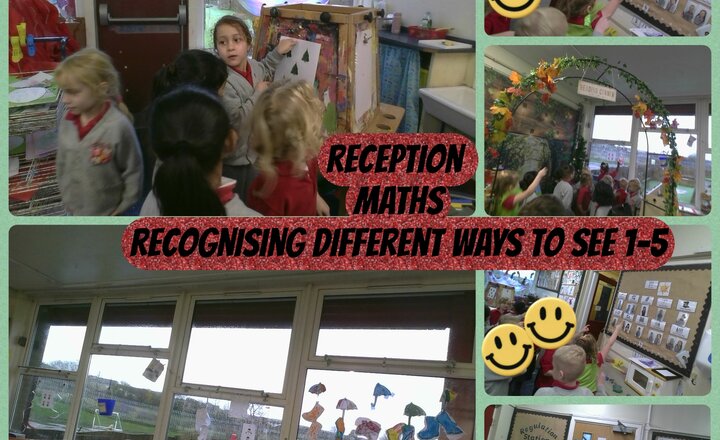
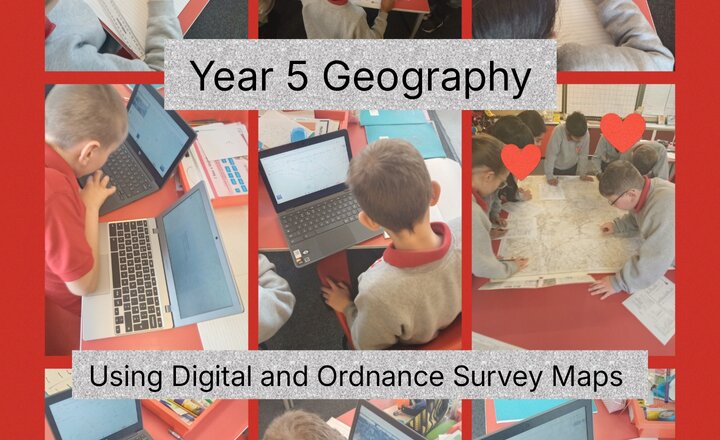
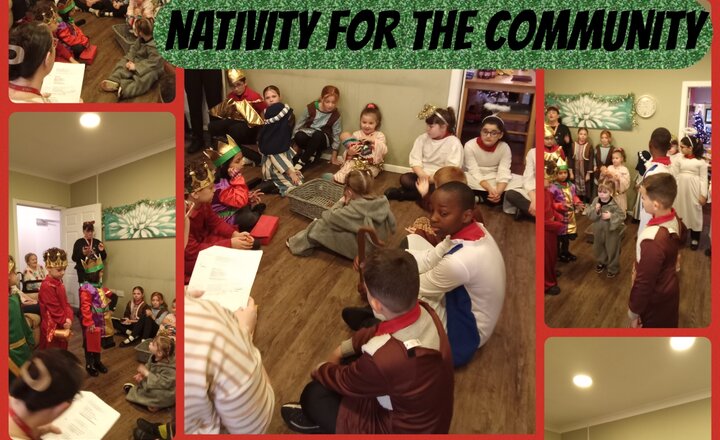
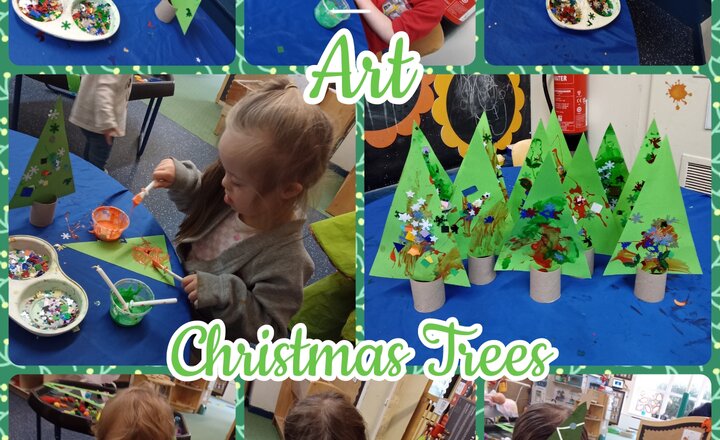

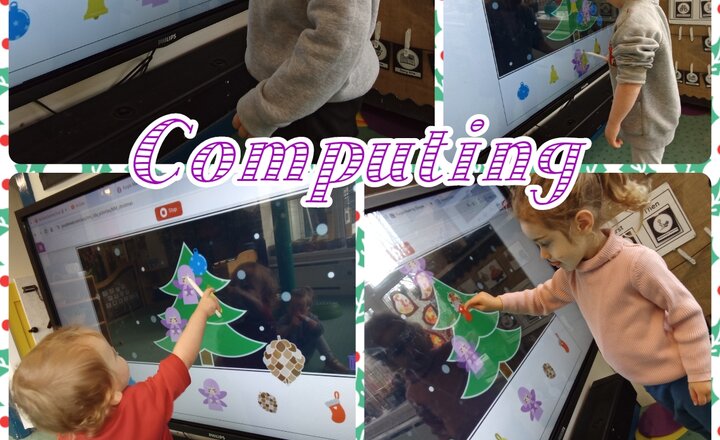
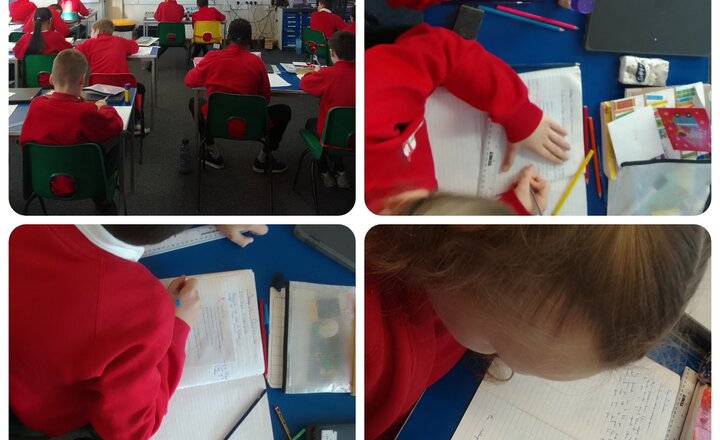
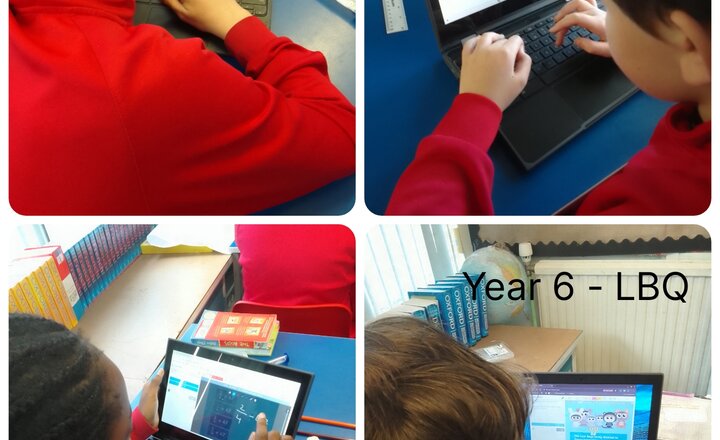
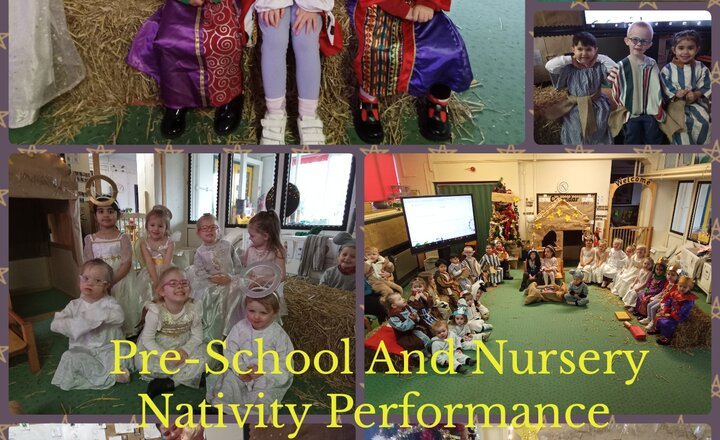
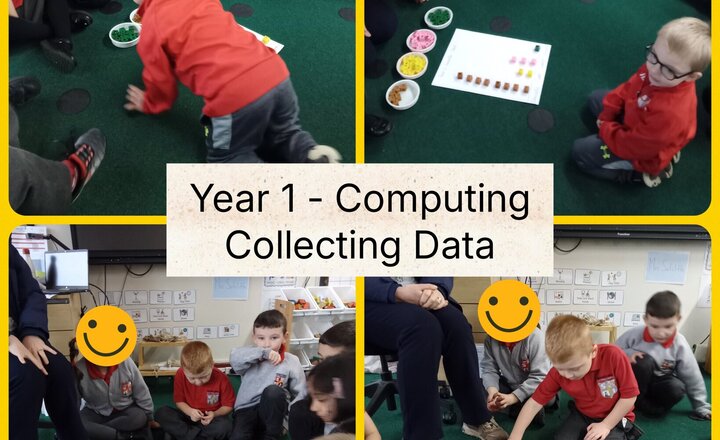
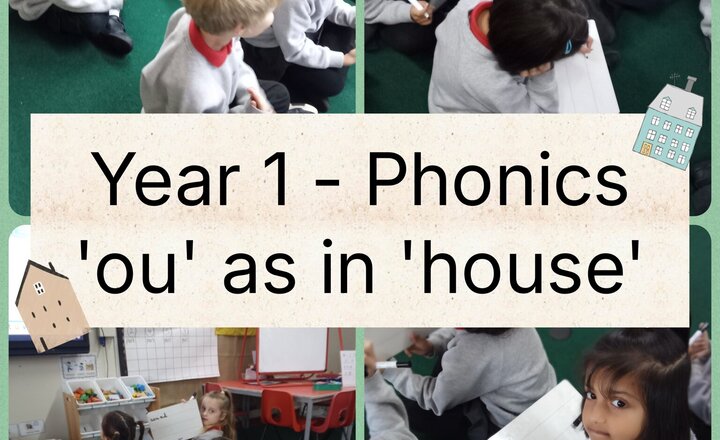
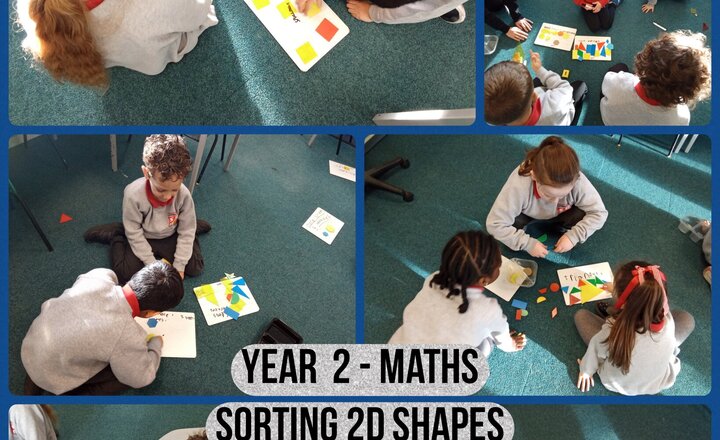
.png)

